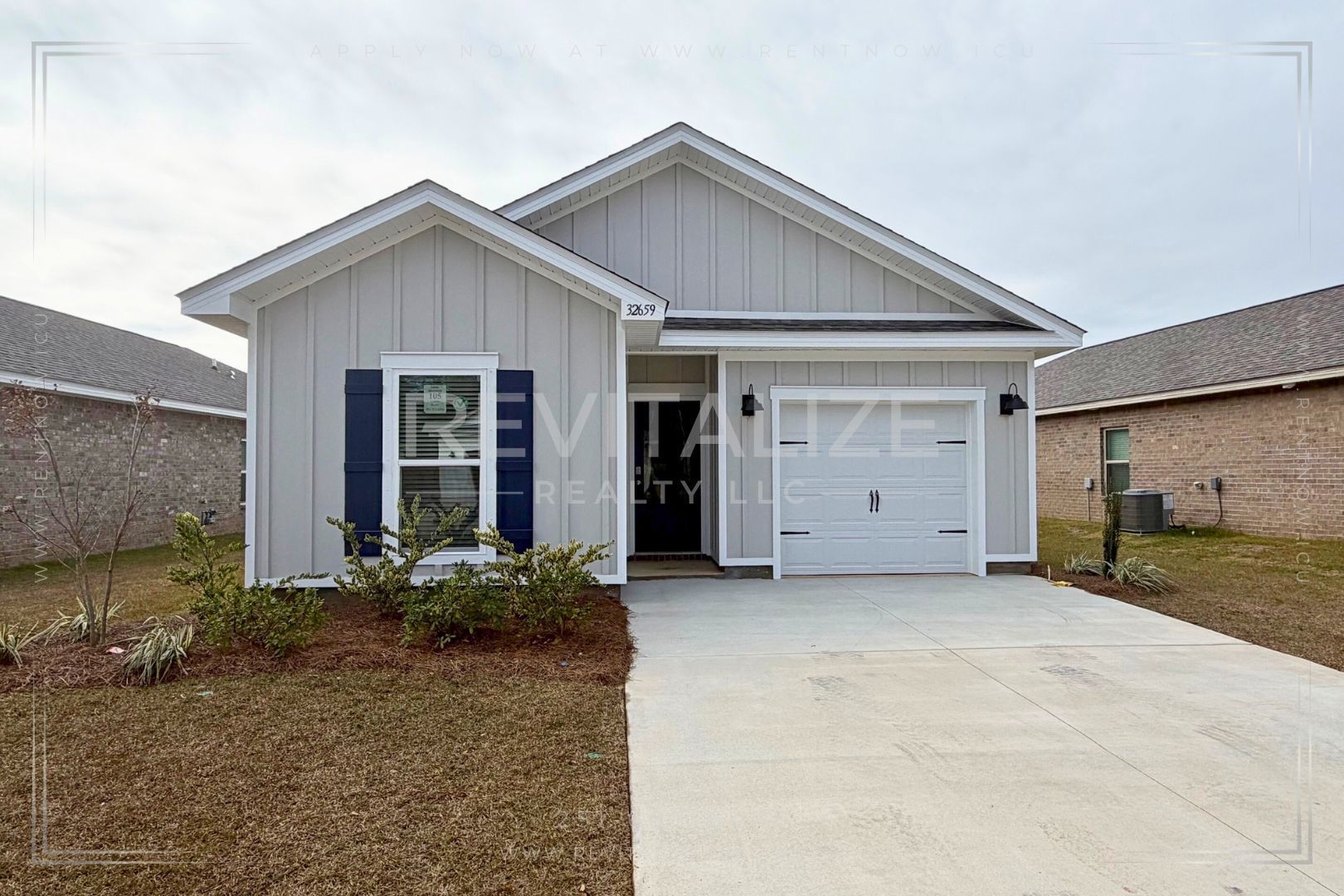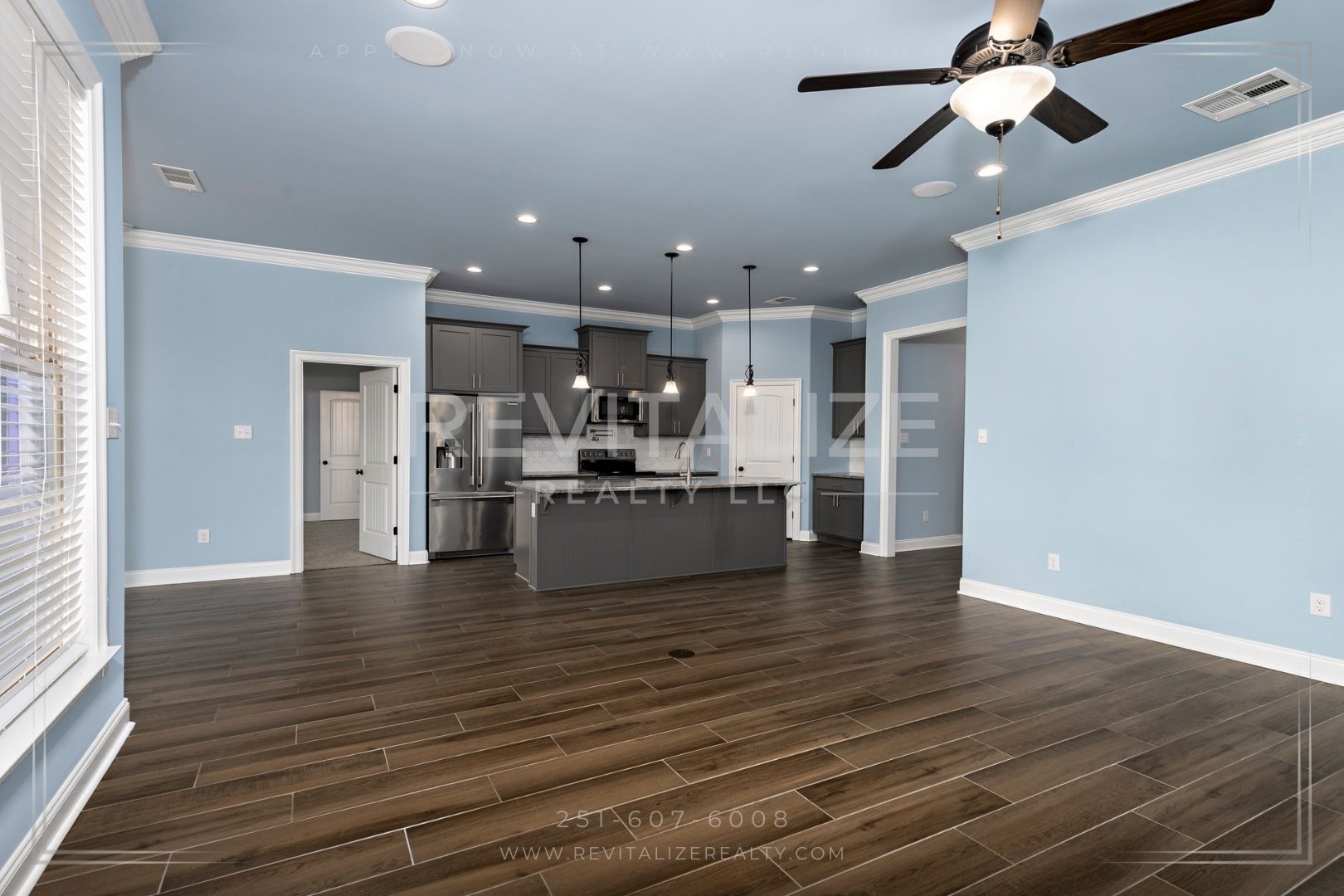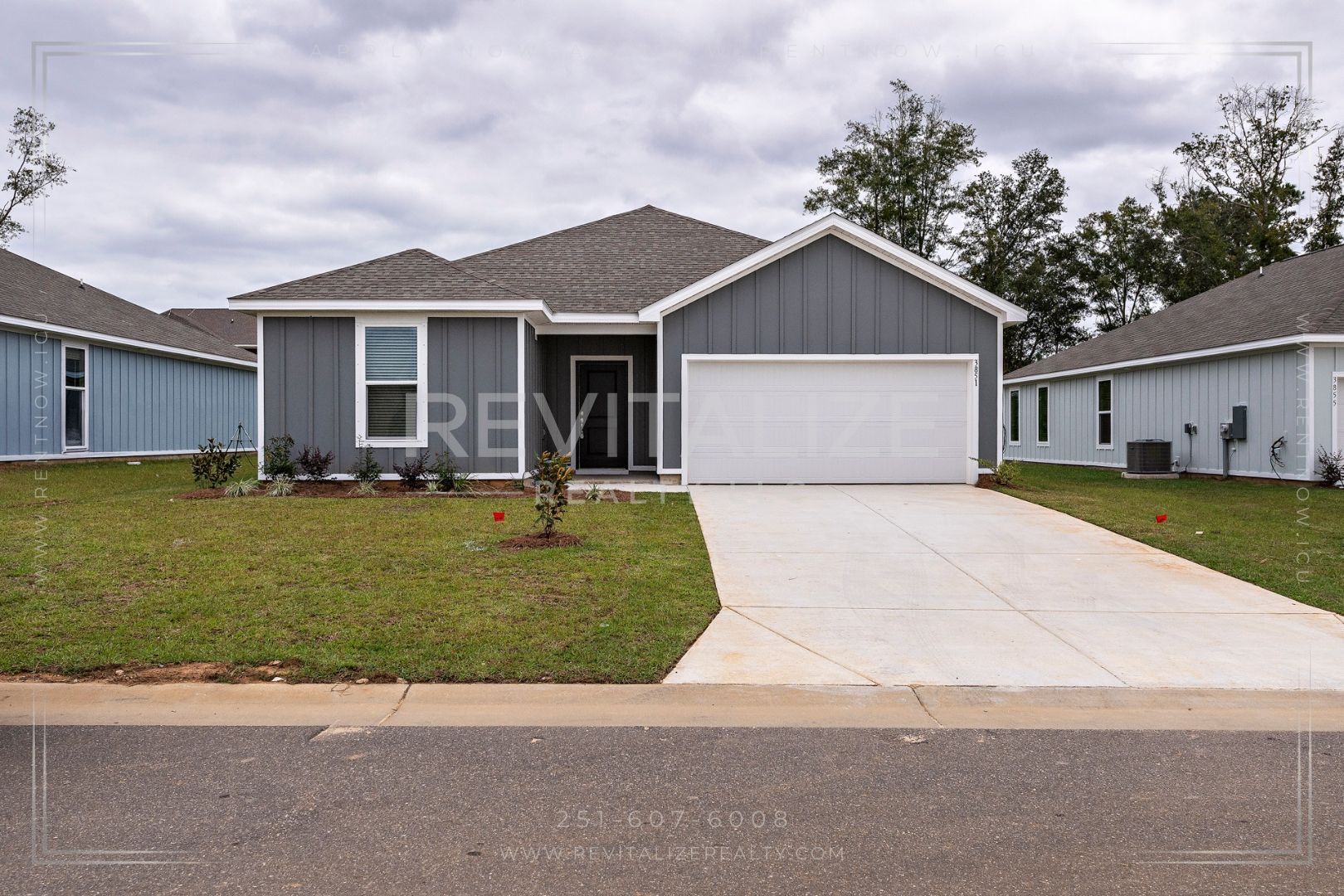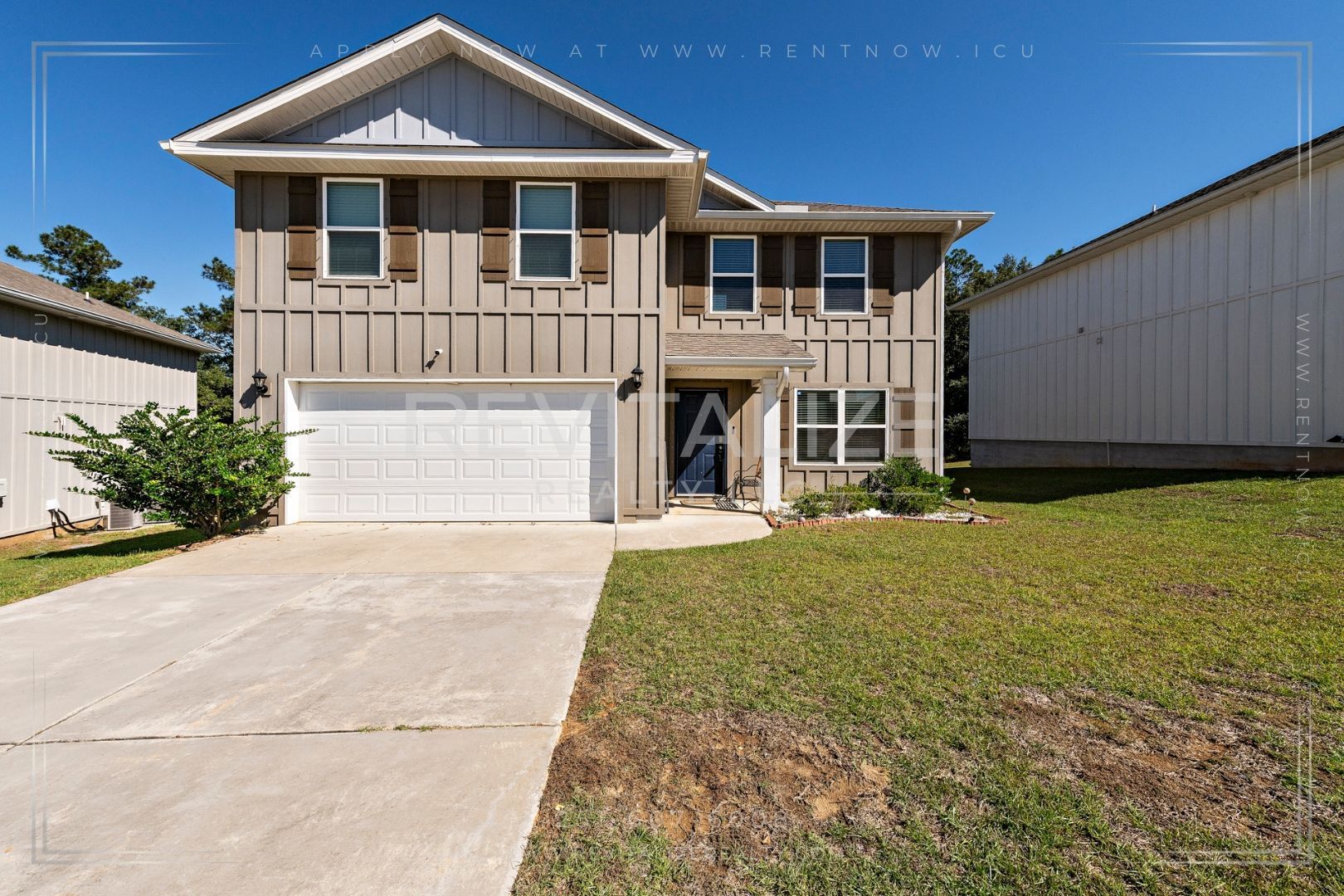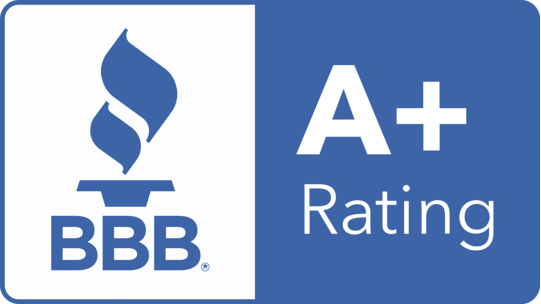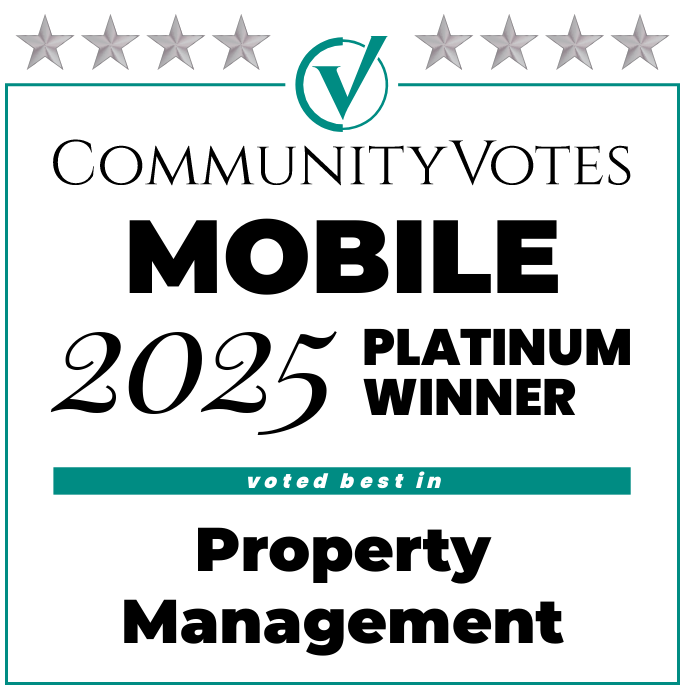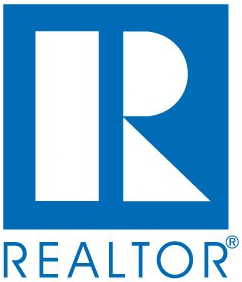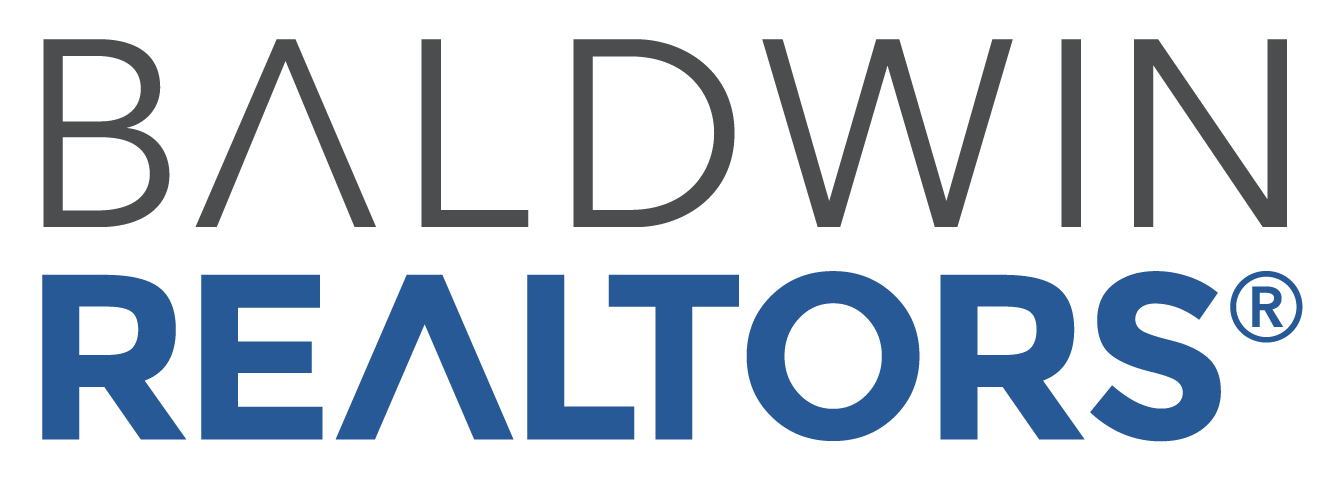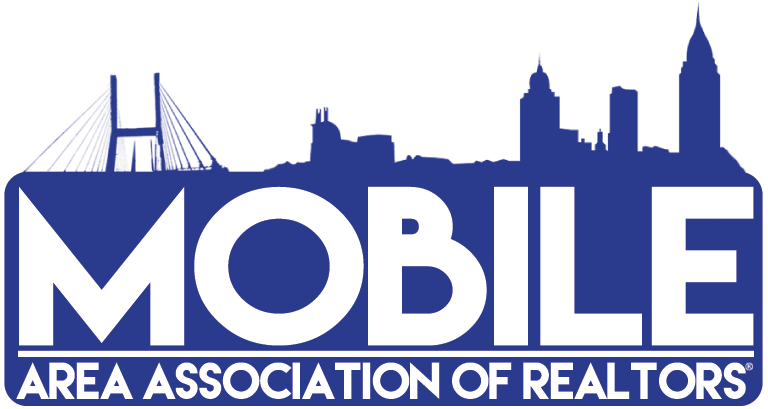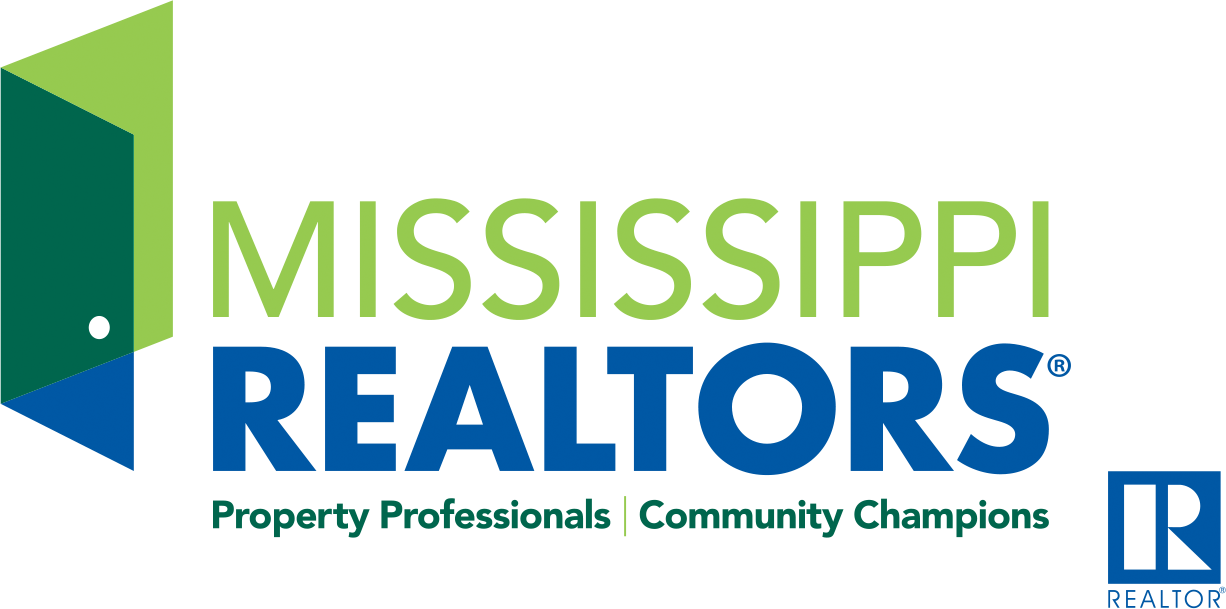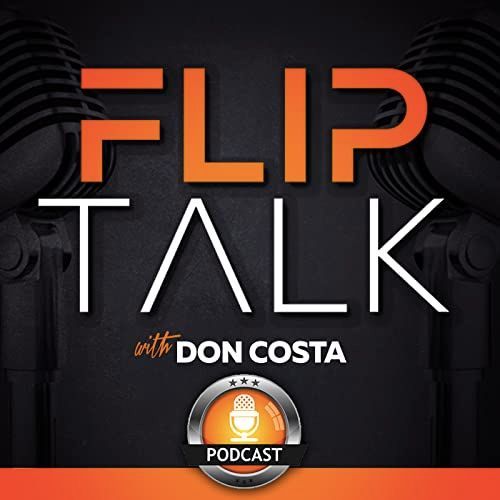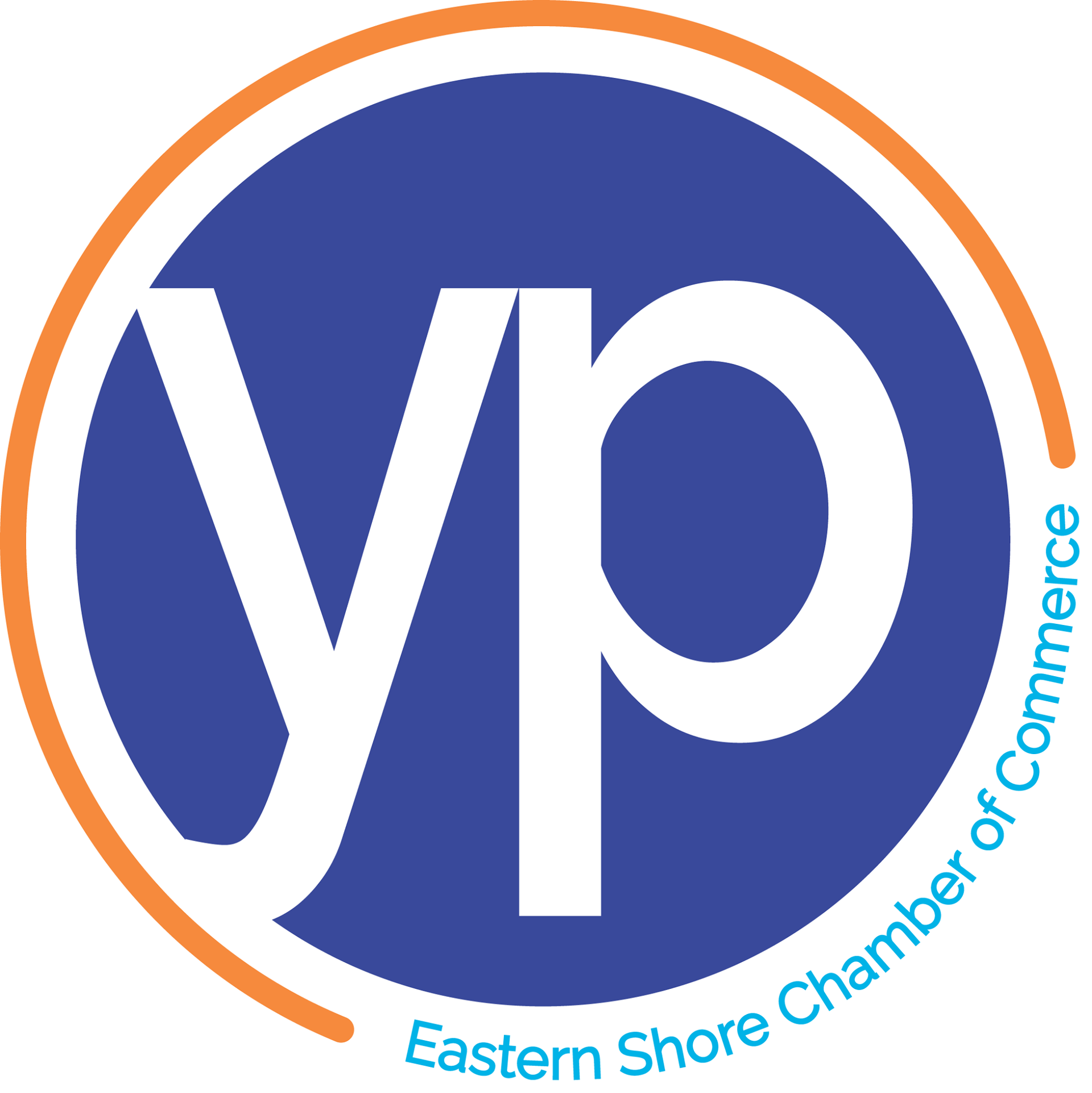ESG: The Government's Response to Immediate Housing During COVID-19
Solutions to Homelessness in the US
According to the White House, there are nearly half a million Americans who are currently, or sporadically, homeless. There are many reasons that individuals and/or their families can become homeless that include both interpersonal and financial crises. Especially during COVID-19, the burden of affording rent when you’ve lost some or all of your income due to layoffs, budget cuts, or reduction of hours, can put a massive strain on your wellbeing, and subsequently making you more at-risk for COVID-19 by not having a safe place to quarantine.
Fortunately, there is now a program that was created to help at-risk Americans and their families by providing not only financial services but also critical services such as emergency shelters.
In March of 2021, the US Government signed the American Rescue Plan into law to inspire “immediate economic relief” in parts of our country that were suffering the most (National Association of Counties).
Housing was starting to become a problem for both renters and property owners as many Americans were losing their jobs due to the COVID-19 pandemic. Rent was either coming in later and later, or it wasn’t coming at all. Families and individuals were struggling to avoid eviction, based on the terms of their lease with their landlord.
Within the American Rescue Plan is an allotment of financial assistance, called the Emergency Solutions Grant, for landlords, tenants, and also for individuals and families who have found themselves homeless for reasons unrelated to the pandemic (HUD Exchange). This is a revised version of a similar grant that was issued in 2012 with the same hopes of reducing the number of homeless people and families across the United States.
The ultimate goal of the Emergency Solutions Grant, with regards to housing, is to keep people in their homes, and to ensure that homeless families or individuals, or those who are in danger of becoming homeless, are housed or rehoused as quickly as possible (HUD Exchange).
This is great news for tenants who may have found themselves in a situation where they can’t afford to pay their rent. The ESG program can help cover many aspects of keeping individuals (and their families) in their homes. There is also a strong focus on rehousing homeless people by providing assistance with credit repair, housing searches and placements, and even legal services for tenants (HUD Exchange). By providing different types of rental assistance for things like application fees, security and utility deposits, even utility payments, and rent payments, both the landlord and the tenant benefit from this program.
Eligible tenants need only have an arrangement with a property owner to pay monthly for their living space and qualify for unemployment, have lost income during the pandemic, or who have found themselves suffering other financial hardships regardless of their connection to the pandemic (Consumer Financial Protection Bureau).
Once accepted into the program, the ESG providers will be responsible for paying the landlord directly for a specified number of months’ rent, that could also include back-rent if this is a case where the tenants have fallen behind on the rent that they currently owe to an already existing landlord. If the case happens to be a homeless family or individual being moved into a new space, the providers will be responsible for so many months’ rent up front and a security deposit (not exceeding two months rent), if applicable. In an example provided by the Multnomah County’s specific rehousing program guidelines, the tenants will be responsible for paying 30% of their total household income in rent (MULTNOMAH COUNTY #1) after the program has paid up front for their portion of the financial assistance. This is merely an example from a specific US county. Each state, country, tribe and/or territory will have their own rules based on their allotment of the grant.
For the latest updates about availability of the Emergency Solutions Grant (ESG) in Mobile County, please check
MobileCountyAL.gov/grants.
Obviously this program is rightfully tenant-focused, but the financial welfare of the property owner has also been taken into consideration. If tenants can’t pay rent, the property owner isn’t able to run their business and is, therefore, unable to pay their own bills. If tenants break the terms of their lease by not paying rent, the property owner must follow through with the expensive process of eviction.
Fortunately, the Emergency Solutions Grant could cover up to 18 months of rent and also recover any back-rent to create a more stable relationship between the tenant and the property owner (National Association of Counties). The program also offers incentives to landlords to help rehouse homeless people quickly. These incentives include signing bonuses that could equal up to two months’ rent. The program will also help fund the cleaning and maintenance of, and repairs to a rental property that qualifies for the program (US Department of Housing and Urban Development #19).
Loss of income due to the COVID-19 pandemic is the most relevant reason for applying for rental assistance through the Emergency Solutions Grant, but there are other qualifying situations that could be beneficial for individuals who are currently struggling to remain in their home, or who have had to leave their home due to unforeseen circumstances.
Applicants can apply for renting assistance if they find themselves in a situation where they need to leave their current home due to any of the following: domestic violence, dating violence, sexual assault, stalking, or human trafficking (HUD Exchange).
If you’re someone who would benefit from the services provided by the Emergency Solutions Grant, you can apply for housing assistance by contacting a local homeless service provider. A comprehensive and updated list of local community workers, by state, can be found at the
US Department of Housing and Urban Development’s website.
At Revitalize Realty, as a property management company, we keep our rental property owners up to date on important market updates to maximize their earning potential. With the Emergency Solutions Grant program, tenants get to keep their homes, homeless people and families can be moved into new homes, and property owners are incentivized to keep these tenants in their rental properties without losing profits.


